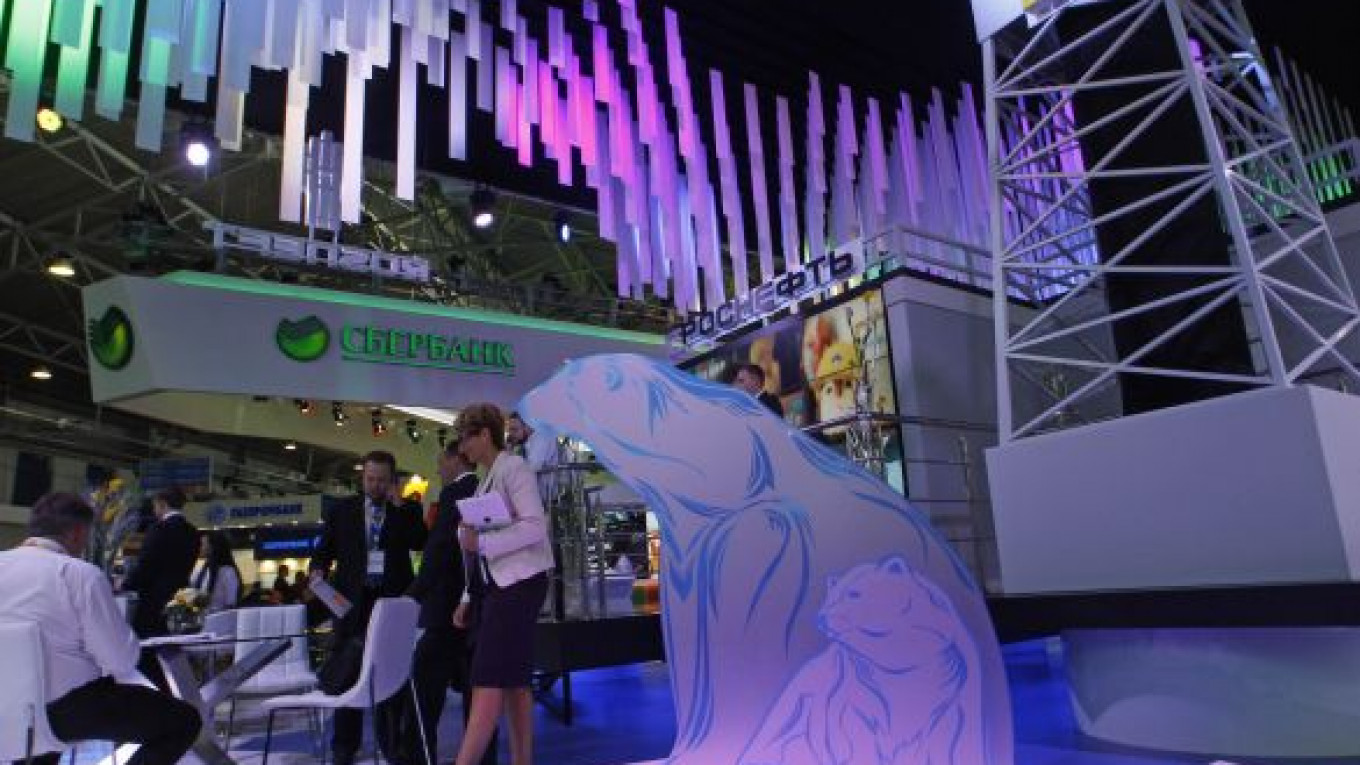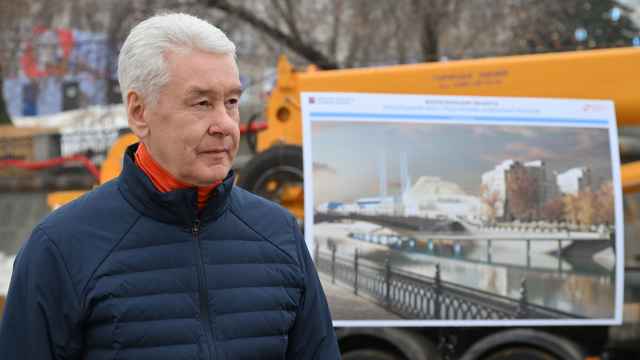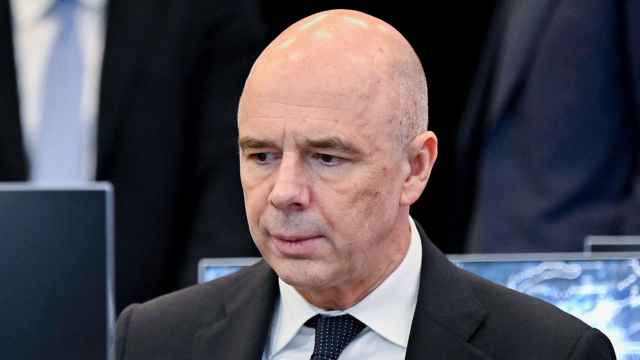ST. PETERSBURG — Rosatom chief Sergei Kiriyenko said Thursday that the company is bucking the headwinds in an industry where radiation leaks from a nuclear plant in Japan sparked a disaster in 2011.
The state corporation has expanded its number of foreign contracts by 60 percent over the two years since the Fukushima reactor meltdown, Kiriyenko said in a speech at the St. Petersburg International Economic Forum.
These contracts are now worth a total of $66.5 billion, up from $40 billion at the time of the accident, he said. That happened against the backdrop of Germany's decision to phase out the source of energy altogether.
In a spiel about nuclear power, Kiriyenko said the fuel provided price stability for a period of at least 60 years, while oil and natural gas prices can change sharply in a short period of time.
"Nuclear energy allows for long-term confidence about the cost of a kilowatt," he said.
But initial investment is hefty. In one of its latest deals, Rosatom agreed in 2010 to build four 1,200-megawatt reactors in Turkey for $20 billion.
Nuclear power plants are competitive with natural gas-fired power plants if gas is as cheap as $100 per 1,000 cubic meters, Kiriyenko said.
Gazprom expects to charge European clients at least $370 this year, down from $402 last year, a company executive said earlier this month.
The cost of uranium, needed to generate nuclear energy, constitutes a mere 4 percent of the total production costs, Kiriyenko said.
In Japan, a major earthquake set off a 15-meter tsunami that hit the Fukushima reactors in March 2011. The government evacuated more than 100,000 people from their homes, ensuring that there were no deaths or cases of radiation sickness from the accident.
Related articles:
A Message from The Moscow Times:
Dear readers,
We are facing unprecedented challenges. Russia's Prosecutor General's Office has designated The Moscow Times as an "undesirable" organization, criminalizing our work and putting our staff at risk of prosecution. This follows our earlier unjust labeling as a "foreign agent."
These actions are direct attempts to silence independent journalism in Russia. The authorities claim our work "discredits the decisions of the Russian leadership." We see things differently: we strive to provide accurate, unbiased reporting on Russia.
We, the journalists of The Moscow Times, refuse to be silenced. But to continue our work, we need your help.
Your support, no matter how small, makes a world of difference. If you can, please support us monthly starting from just $2. It's quick to set up, and every contribution makes a significant impact.
By supporting The Moscow Times, you're defending open, independent journalism in the face of repression. Thank you for standing with us.
Remind me later.






